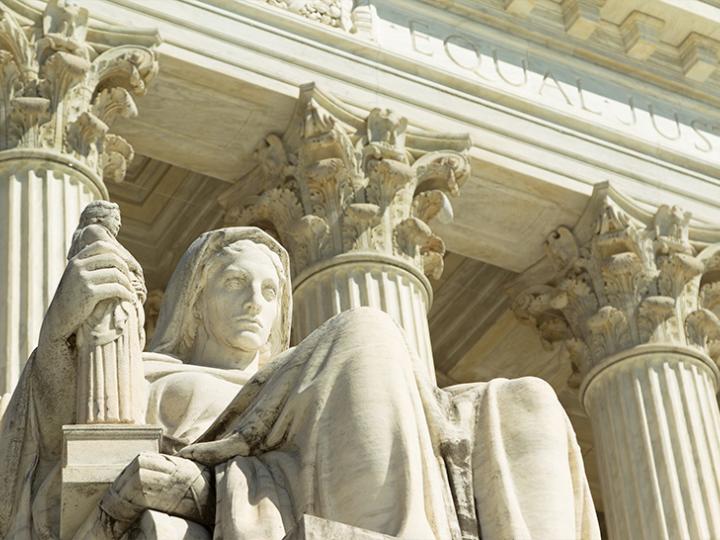In Great Lakes Insurance SE v. Raiders Retreat Realty Co., LLC, No. 22–500 (Feb. 21, 2024), the U.S. Supreme Court declined to apply the rule set forth in the Restatement of the Law Second, Conflict of Laws § 187(2)(b) to choice-of-law disputes arising from federal maritime contracts, citing §§ 2, 3, and 10 of that Restatement in concluding that the public policies of forum states were not a consideration when determining the enforceability of choice-of-law provisions in federal maritime contracts. By granting certiorari in this case, the court sought to resolve a split in the U.S. Courts of Appeals regarding the enforceability of choice-of-law provisions in maritime contracts.
The case arose from an insurance dispute between a Pennsylvania business and a German insurer—headquartered in the United Kingdom—that insured the business’s boat. The policy included a choice-of-law provision selecting New York law to govern future disputes between the parties. When the insured’s boat ran aground near Florida, the insurer denied coverage, asserting that the insured breached the insurance agreement by failing to maintain the boat’s fire-suppression system, and that the breach voided the policy entirely even though the fire-suppression system did not contribute to the accident. After the insurer filed an action for declaratory relief in the U.S. District Court for the Eastern District of Pennsylvania, the insured asserted counterclaims under Pennsylvania law, including extracontractual counterclaims for insurance bad faith, breach of fiduciary duty, and unfair trade practices. The district court granted the insurer’s motion for judgment on the pleadings on the extracontractual counterclaims, agreeing that Pennsylvania law did not apply. The U.S. Court of Appeals for the Third Circuit vacated, holding that the district court was required to determine whether the presumption of enforceability of choice-of-law provisions under federal maritime law had to yield to strong public policies of the forum state—in this case, Pennsylvania’s public policy regarding insurance.
In a unanimous decision delivered by Justice Brett M. Kavanaugh, the U.S. Supreme Court reversed, holding, among other things, that it would not recognize the choice-of-law approach set forth in Restatement Second of Conflict of Laws § 187(2)(b) as an “additional exception” to the presumption of enforceability of choice-of-law provisions in federal maritime contracts. The court explained that, under § 187(2)(b), choice-of-law provisions were not enforceable if enforcing the law of the state designated by the contract would contravene the fundamental public policy of the state with the greatest interest in the dispute.
In this case, the court pointed out, permitting the federal presumption to be “routinely swept aside based on 50 States’ public policy determinations” would undermine federal maritime interests in “uniform and stable rules for maritime actors.” The court cited §§ 2, 3, and 10 in further reasoning that it was inappropriate to apply § 187(2)(b) to choice-of-law provisions in federal maritime contracts, because “that rule arose out of interstate cases and [did] not deal directly with federal-state conflicts.”
